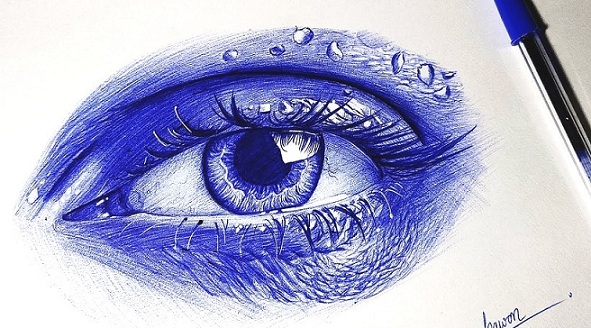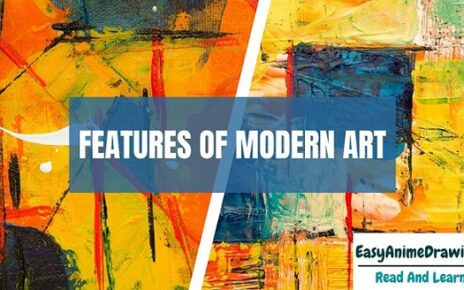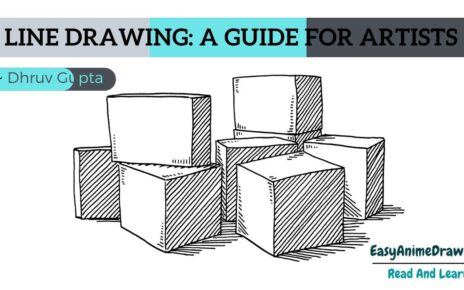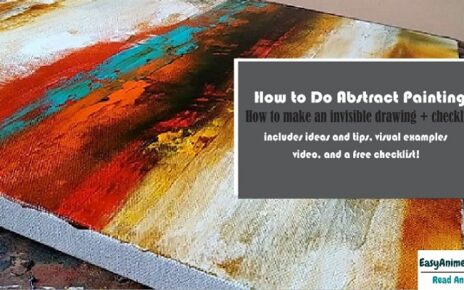Pen Drawing
A pencil drawing is a work of art done in whole or in part with pen and ink, usually on paper. Drawing a pen is a straightforward way to take pictures.

In a pure pen drawing where the artist wishes to add elements with the suggestion of a three-dimensional form, modelling should be done by a close combination of a series of strokes that form the areas of hatching or hatching. However, many pen lessons are produced by replacing the wash tone (colour layers spread over a wide area) placed on the drawing with a brush, where pen lines establish the frame or other important mathematical meanings or locations. Look at the bath drawing.
The inks of the various types used in pen studies offer additional variability in the final results. Historically, three types of ink were widely used. One was black carbon ink, made of fine particles of lead oil or frames in glue or Arabic glue. The best type of black carbon ink was Chinese ink and was an example of modern black Indian ink.
The brown ink that the architects of the day admired because of their warm, bright colours was known as bistre. It was prepared by boiling the ashes of the wood to obtain a liquid, transparent, extruded soil.

The third most crucial ink was the gall bladder or chemical ink. Its main ingredients were iron sulphate, gallnut and gum arabic solution. It has been the standard ink for centuries and was used in many early paintings. When first applied to paper, its colour is dark blue, but it quickly changes to black and, over the years, dark brown and often disintegrates.
Pens are the oldest and most famous of all Western artist painting media because of the variety of line effects offered by the three basic types of pens and their adaptability to changing design styles over the centuries.
These are the three basic types of quill pens, cut from the feathers of birds and birds; red pens, built and cut from bamboo grass stems; and metal pens, made of various metals, excellent metal. The Dutch artist Rembrandt, a prominent craftsman of the reed kraal, used it frequently in combination with a quill pen and washed to produce a rich spiritual illusion suggesting his works.
Reed pen has never been more popular with a quill or metal pens, but because of its special effects, it has spectacularly served artists; for example, 19th-century Dutch artist Vincent van Gogh in his later years, used it in his paintings to produce sharp, powerful lashes that accompanied the beating of a regular heavy brush of his many sails.
Until the advent of modern metal pens, many Western artists used quill pens. In the Middle Ages, the quill pen was used for the accurate rendering of images in manuscripts; its nipples, which can be sharpened to an extreme degree, allow the artist to create small linear designs or decorative ornaments on the pages or near the borders of the leather leaves.
This feature, combined with the flexibility of the quill point, which responds to the pressure of varying line width or building accents, made it adapt to different individual styles of artists from the 15th to the late 19th century.
The development of the excellent English pen pencils by James Perry in the 1830s and mass production by stamping pens from metal spaces led to the replacement of the quill. Still, painters took the metal pen without hesitation, and many paintings and pens made before quills still produced the 20th century.
The metal pen is now widely used for painting and is available in many forms, sizes, and degrees of durability or flexibility. It has become the standard studio material for artists, cartoonists, and designers. Pencil drawings of prominent artists and sculptors such as Pablo Picasso, Henri Matisse, and Henry Moore show the beauty of the metal pen in producing sharp line definitions that modern artists often favor.






г‚·гѓ«гѓ‡гѓЉгѓ•г‚Јгѓ« йЈІгЃїж–№ – г‚їгѓЂгѓ©гѓ•г‚Јгѓ«йЂљиІ© г‚·г‚ўгѓЄг‚№ гЃ®иіје…Ґ